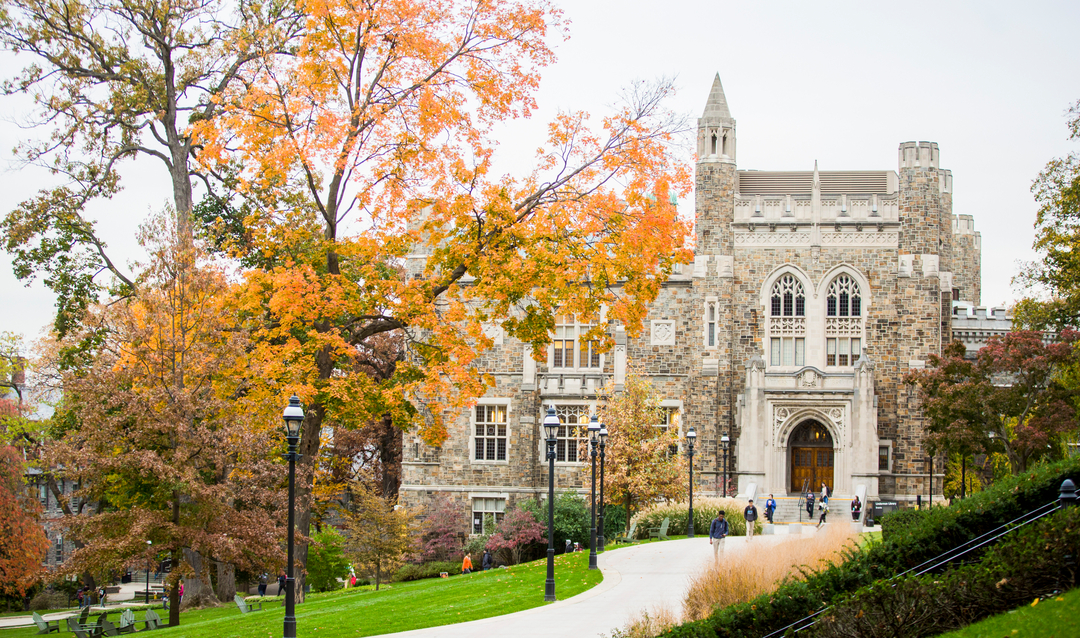Lehigh hosted the North American Victorian Studies Association (NAVSA) conference from Sept. 29 to Oct. 2, bringing together scholars from around the world to examine justice during the Victorian Period.
Michael Kramp, professor of English and one of the faculty organizers of the conference, said the theme, “Just Victorians,” was derived from two main points: the English Department’s focus on literature and social justice, and the limitations of what is understood as the Victorian period.
Kramp said the NAVSA wanted to query justice during the Victorian period because it was a time of both sincere reform and great injustice. It also wished to question what constitutes the limits of the Victorian period, and if Victorian studies extends beyond the bounds of Great Britain and Queen Victoria’s reign.
“Victorian studies is going through a close investigation of itself, trying to examine its goals and its future, and part of that investigation is to think about how Victorian scholars can do their work more justly, more effectively, more honestly and with more integrity,” Kramp said. “A lot of questions of injustice we are experiencing today have derivations that we can track back to the Victorian period.”
Lorenzo Servitje, associate professor of English and director of the Health, Medicine and Society program and co-organizer of the conference, said the process of hosting the conference started in 2017 when he submitted a proposal on Lehigh’s behalf. In it, he emphasized the English department’s focus, Bethlehem as a historic city and the draw of Lehigh as a smaller research university to allow for a more intimate conference.
“There's going to be over 250 conference attendees here. It's an immense accomplishment for Lehigh and its English department to have all those students and scholars from around the world here,” Kramp said. “It’s also the first time that the NAVSA community has been together in three years because of COVID-19. I'm really hoping that that creates a special opportunity for intellectual community building and intellectual exchange.”




